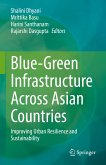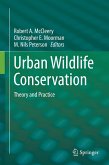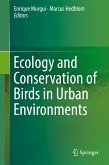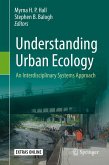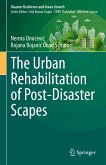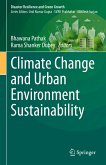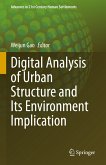Urban foraging represents a multifaceted movement that provides people with avenues for sustenance, socialising, and spirituality. Motivations and implications of urban foraging vary across the socioeconomic spectrum, as do barriers and enablers. Urban foraging can help people adapt to change, and build resilience to shocks, but its spontaneous and unregulated nature makes it attractive to many. Recognising and promoting sustainable urban foraging therefore is a delicate balancing act. This collection discusses the philosophical and practical considerations towards this aim.
The book is of interest to researchers, practitioners, entrepreneurs, and creatives, inviting readers to envisage scenarios that are desirable and achievable. It is of special interest to those working in urban and landscape planning, social-ecological systems, non-government organisations, municipal and development corporations, and the environment.
Dieser Download kann aus rechtlichen Gründen nur mit Rechnungsadresse in A, B, BG, CY, CZ, D, DK, EW, E, FIN, F, GR, HR, H, IRL, I, LT, L, LR, M, NL, PL, P, R, S, SLO, SK ausgeliefert werden.



